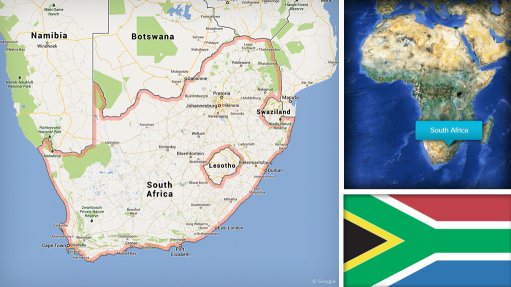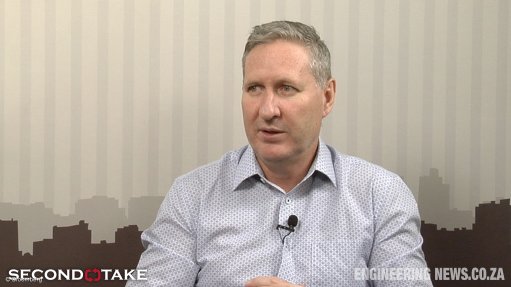Britain to ban new petrol cars and vans by 2030 on road to net zero emissions
Britain will move up a ban on new petrol and diesel cars and vans to 2030 and is eyeing 250 000 new jobs as part of a green industrial revolution, Prime Minister Boris Johnson said as he tries to meet Britain's net zero emissions climate target.
Johnson is seeking to show his government is on track to deliver manifesto promises after a tumultuous few days in which he was forced to self-isolate after coming into contact with someone with Covid-19, and his most senior adviser, arch Brexiteer Dominic Cummings, was ousted.
"Now is the time to plan for a green recovery with high-skilled jobs that give people the satisfaction of knowing they are helping to make the country cleaner, greener and more beautiful," Johnson said in a column published in the Financial Times on Tuesday.
Britain last year became the first G7 country to set in law a net zero emission target by 2050, which will require wholesale changes in the ways Britons travel, consume energy and eat.
In total the plan would mobilise £12-billion ($16 billion) of government money, with as much as three times that amount coming from the private sector, and create and support 250 000 highly skilled green jobs by 2030, Johnson said.
The new date for a ban on new petrol and diesel cars is five years earlier than a pledge of 2035 made by Johnson in February. The sale of hybrid cars and vans would be banned from 2035 under the new plan.
An extra £200-million would create industrial clusters mustering technology to capture, store and use carbon dioxide emissions by the mid-2020s. Another two hubs are projected by 2030, taking the total investment in the technology to £1-billion.
Johnson, who has promised to increase Britain's offshore wind power to 40 GW by 2030 from around 10 GW now, pledged up to 500-million pounds for projects trailing the use of hydrogen including for home heating and cooking.
The government would also help to develop large and small-scale nuclear plants.
Johnson's plan was broadly welcomed by industry.
"It gives a springboard to the huge opportunities for UK-wide investment and green jobs that a true low-carbon economy can bring," Josh Hardie, acting director at the Confederation of British Industry, said in a separate statement.
Comments
Press Office
Announcements
What's On
Subscribe to improve your user experience...
Option 1 (equivalent of R125 a month):
Receive a weekly copy of Creamer Media's Engineering News & Mining Weekly magazine
(print copy for those in South Africa and e-magazine for those outside of South Africa)
Receive daily email newsletters
Access to full search results
Access archive of magazine back copies
Access to Projects in Progress
Access to ONE Research Report of your choice in PDF format
Option 2 (equivalent of R375 a month):
All benefits from Option 1
PLUS
Access to Creamer Media's Research Channel Africa for ALL Research Reports, in PDF format, on various industrial and mining sectors
including Electricity; Water; Energy Transition; Hydrogen; Roads, Rail and Ports; Coal; Gold; Platinum; Battery Metals; etc.
Already a subscriber?
Forgotten your password?
Receive weekly copy of Creamer Media's Engineering News & Mining Weekly magazine (print copy for those in South Africa and e-magazine for those outside of South Africa)
➕
Recieve daily email newsletters
➕
Access to full search results
➕
Access archive of magazine back copies
➕
Access to Projects in Progress
➕
Access to ONE Research Report of your choice in PDF format
RESEARCH CHANNEL AFRICA
R4500 (equivalent of R375 a month)
SUBSCRIBEAll benefits from Option 1
➕
Access to Creamer Media's Research Channel Africa for ALL Research Reports on various industrial and mining sectors, in PDF format, including on:
Electricity
➕
Water
➕
Energy Transition
➕
Hydrogen
➕
Roads, Rail and Ports
➕
Coal
➕
Gold
➕
Platinum
➕
Battery Metals
➕
etc.
Receive all benefits from Option 1 or Option 2 delivered to numerous people at your company
➕
Multiple User names and Passwords for simultaneous log-ins
➕
Intranet integration access to all in your organisation

















